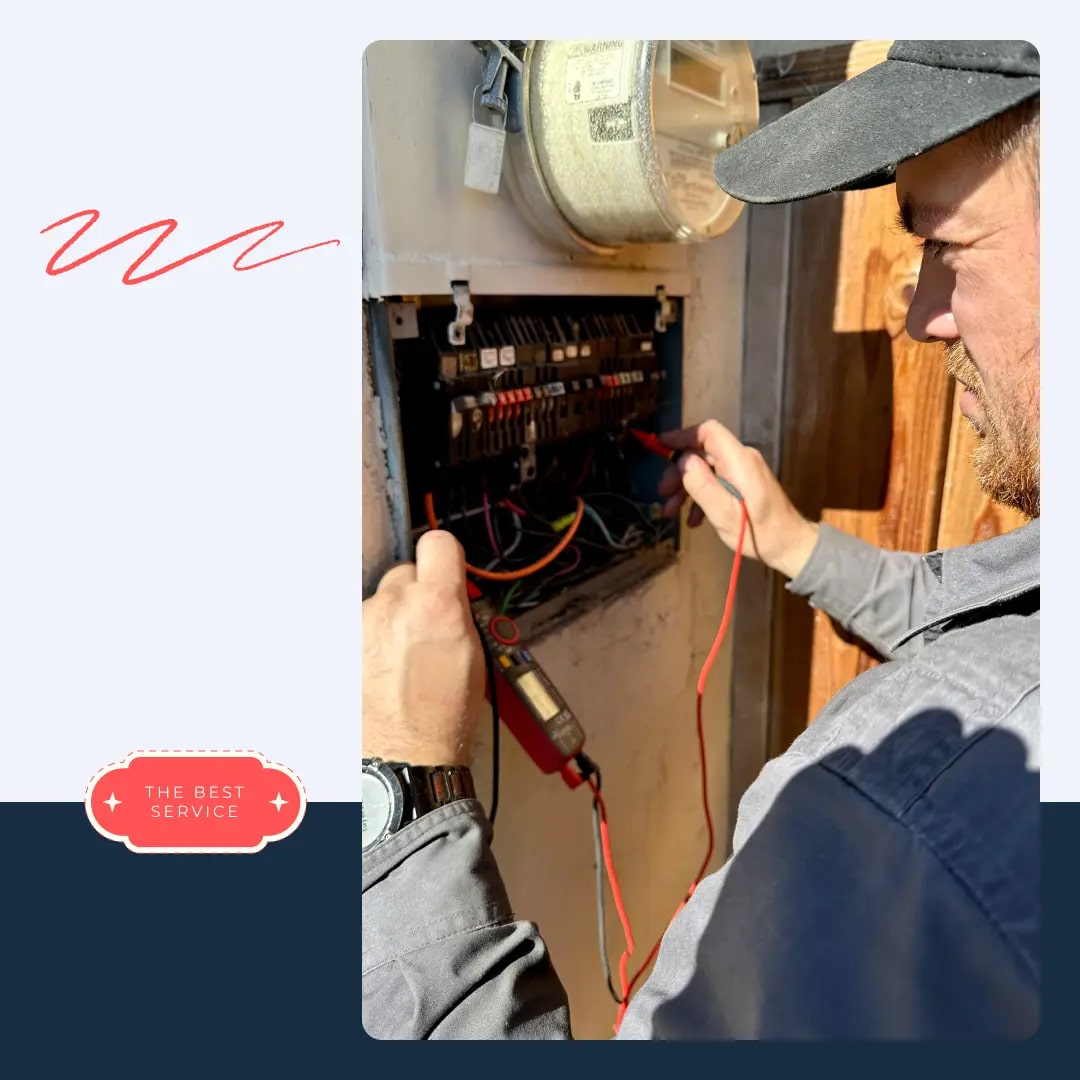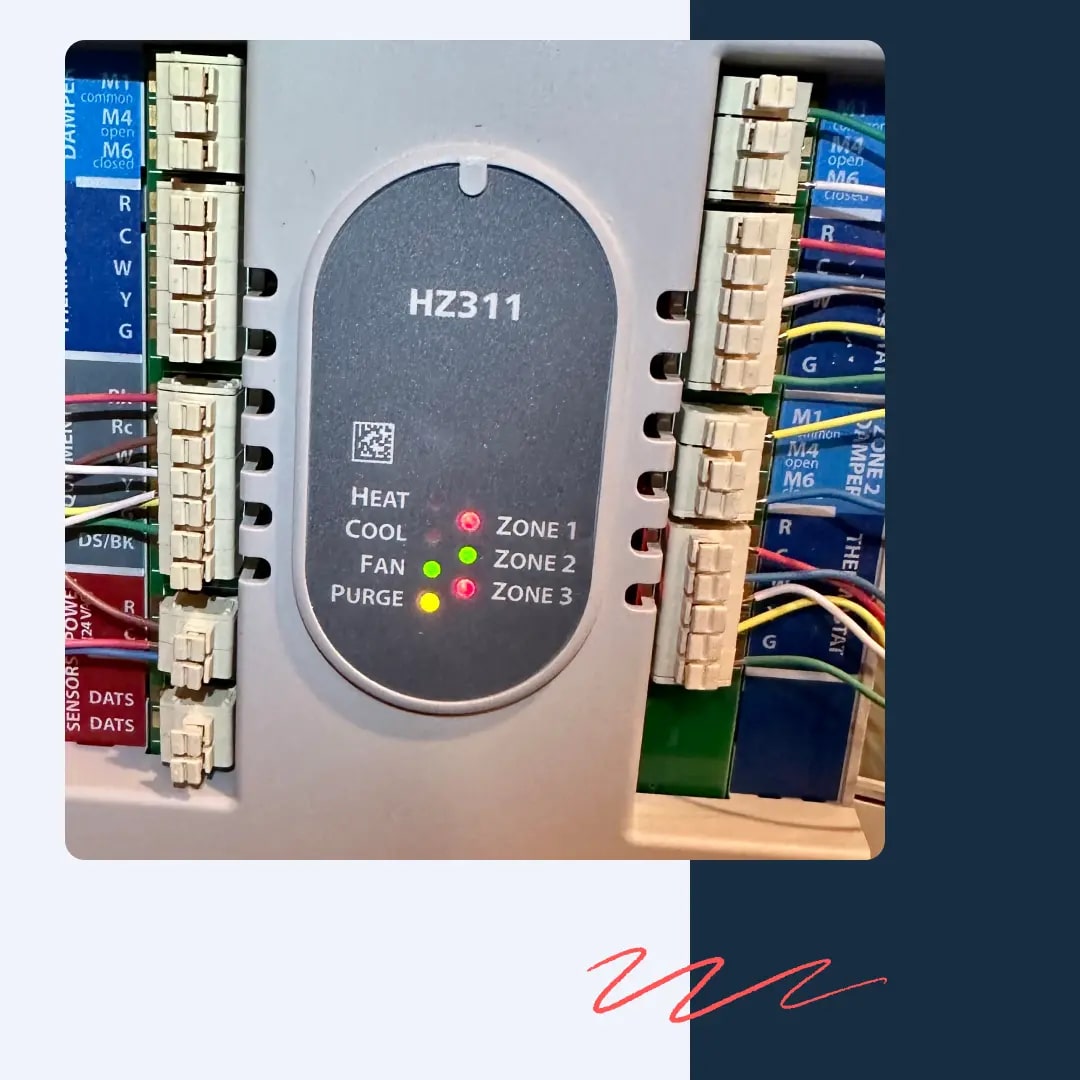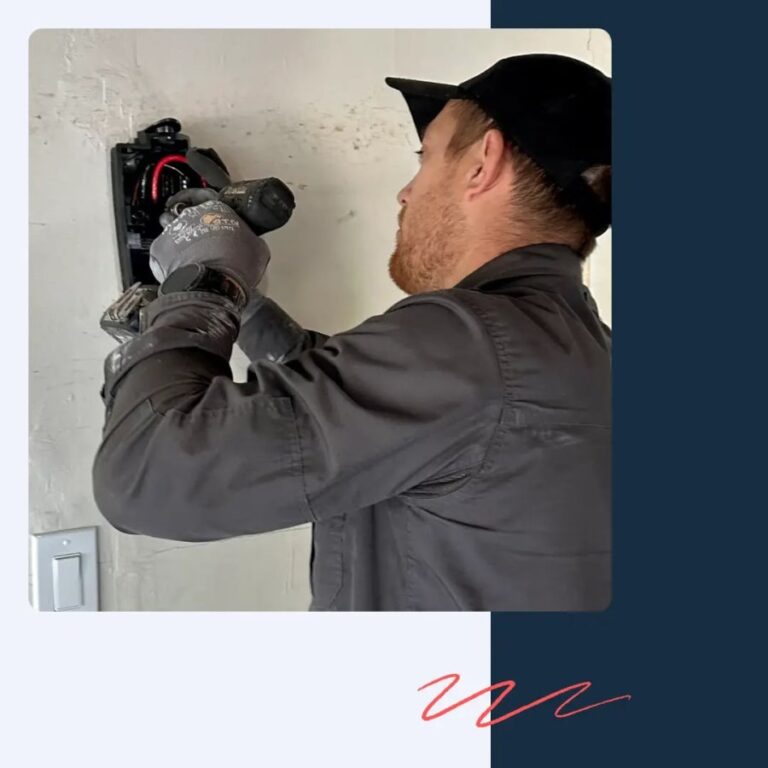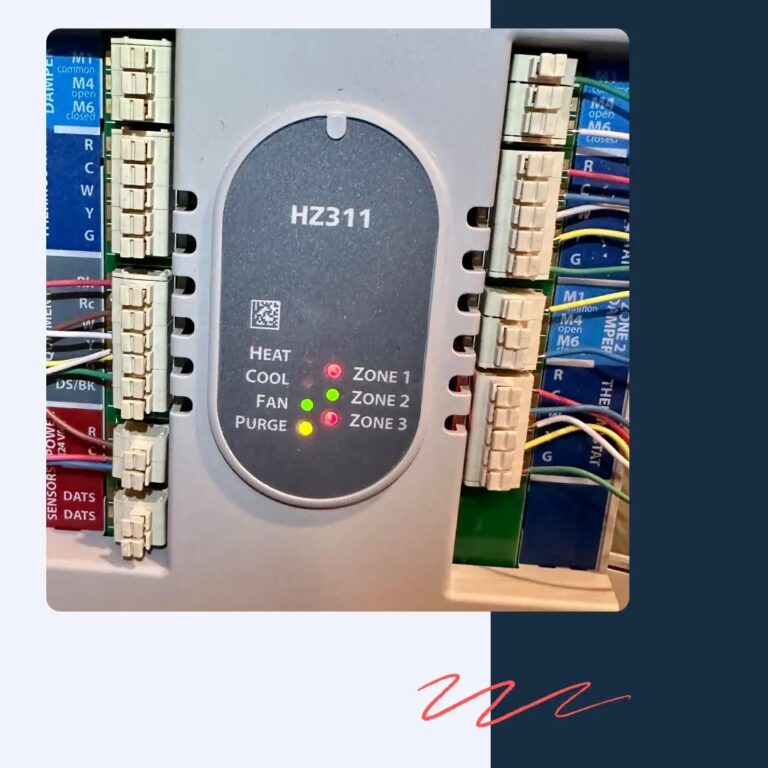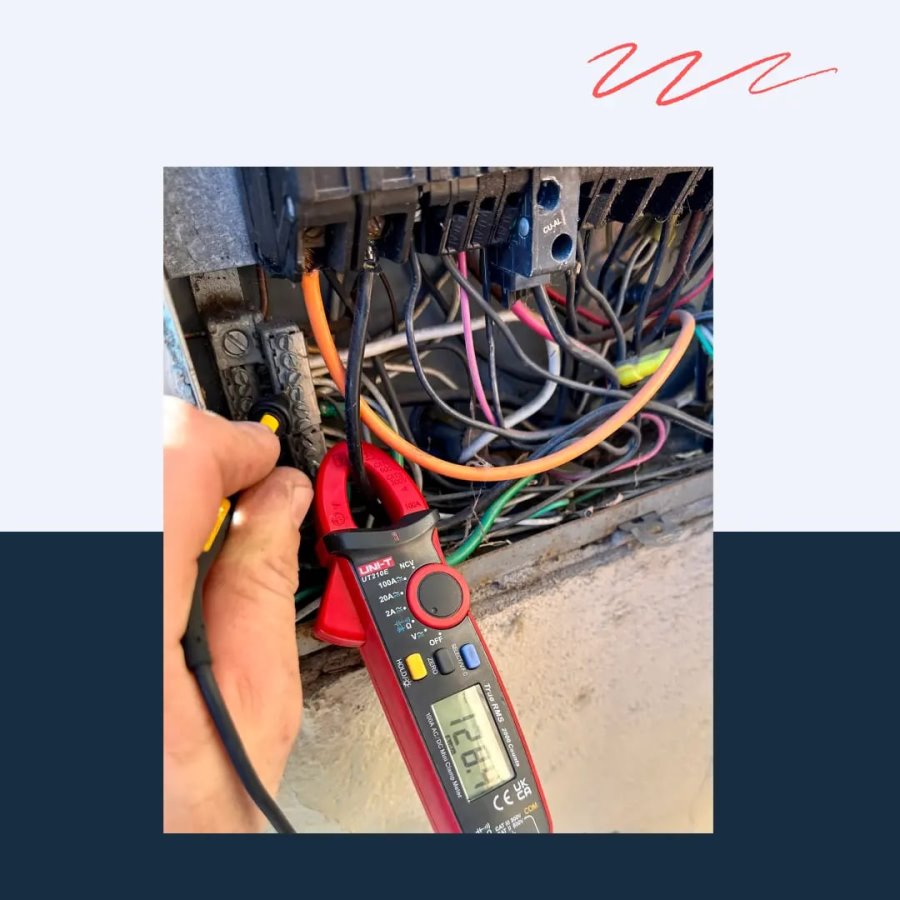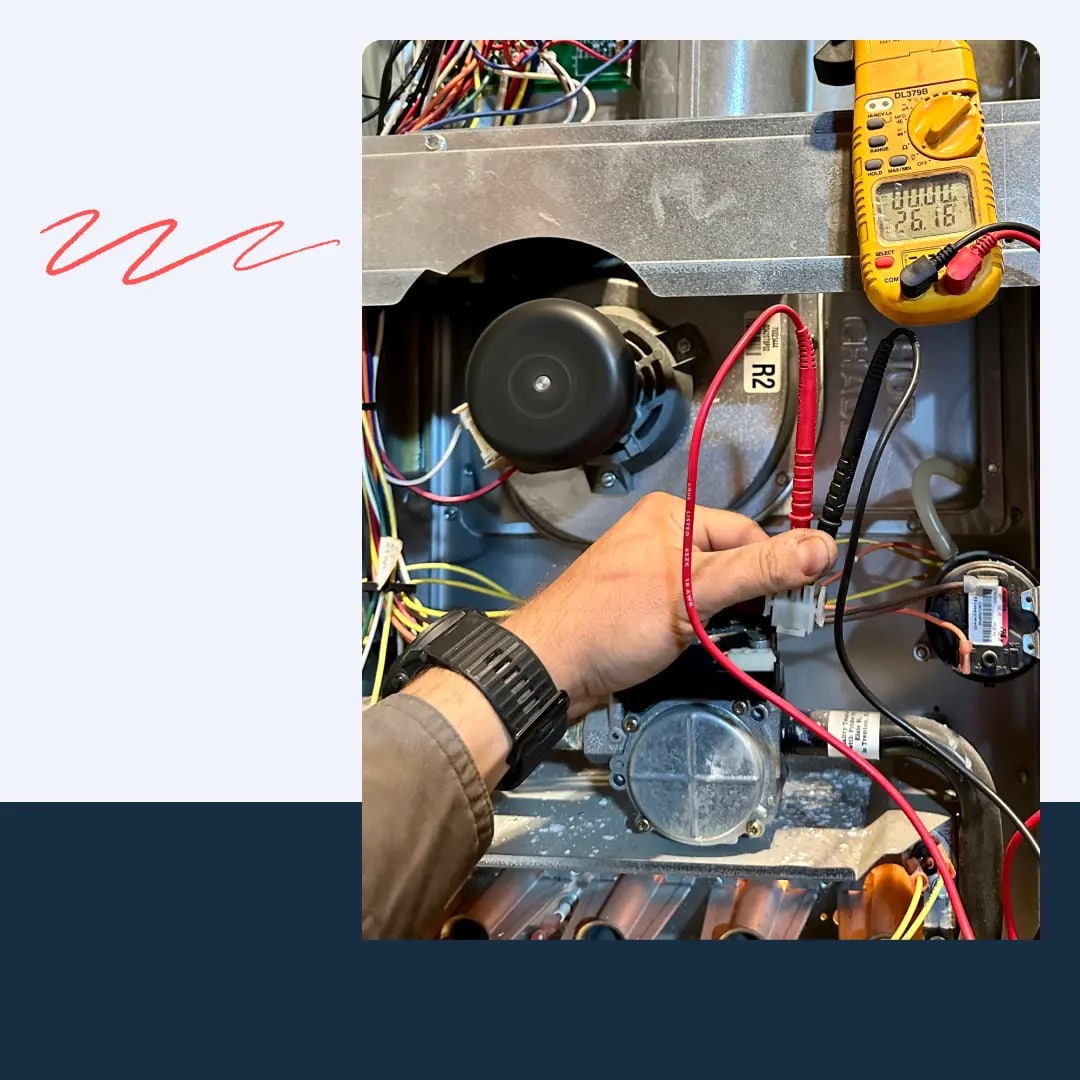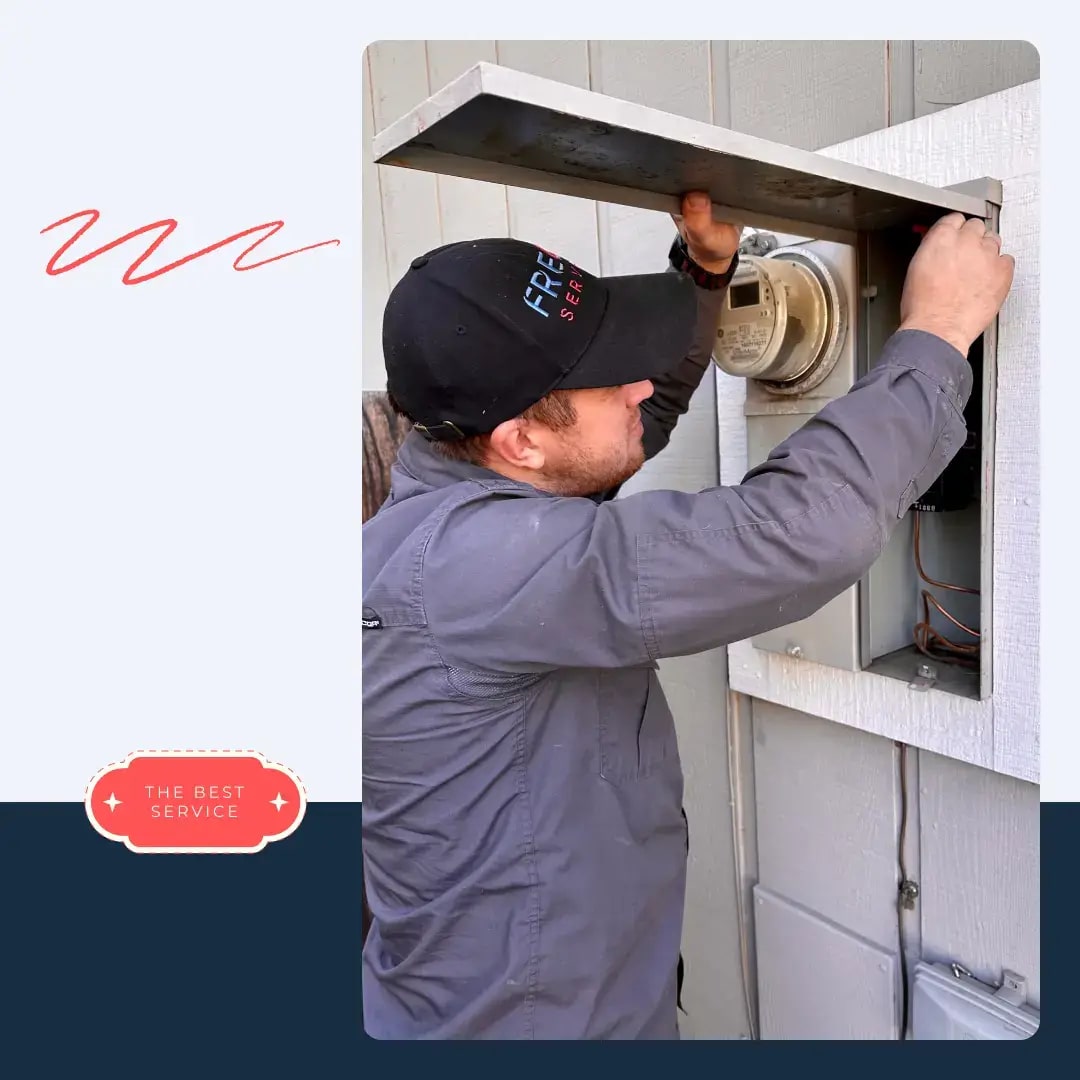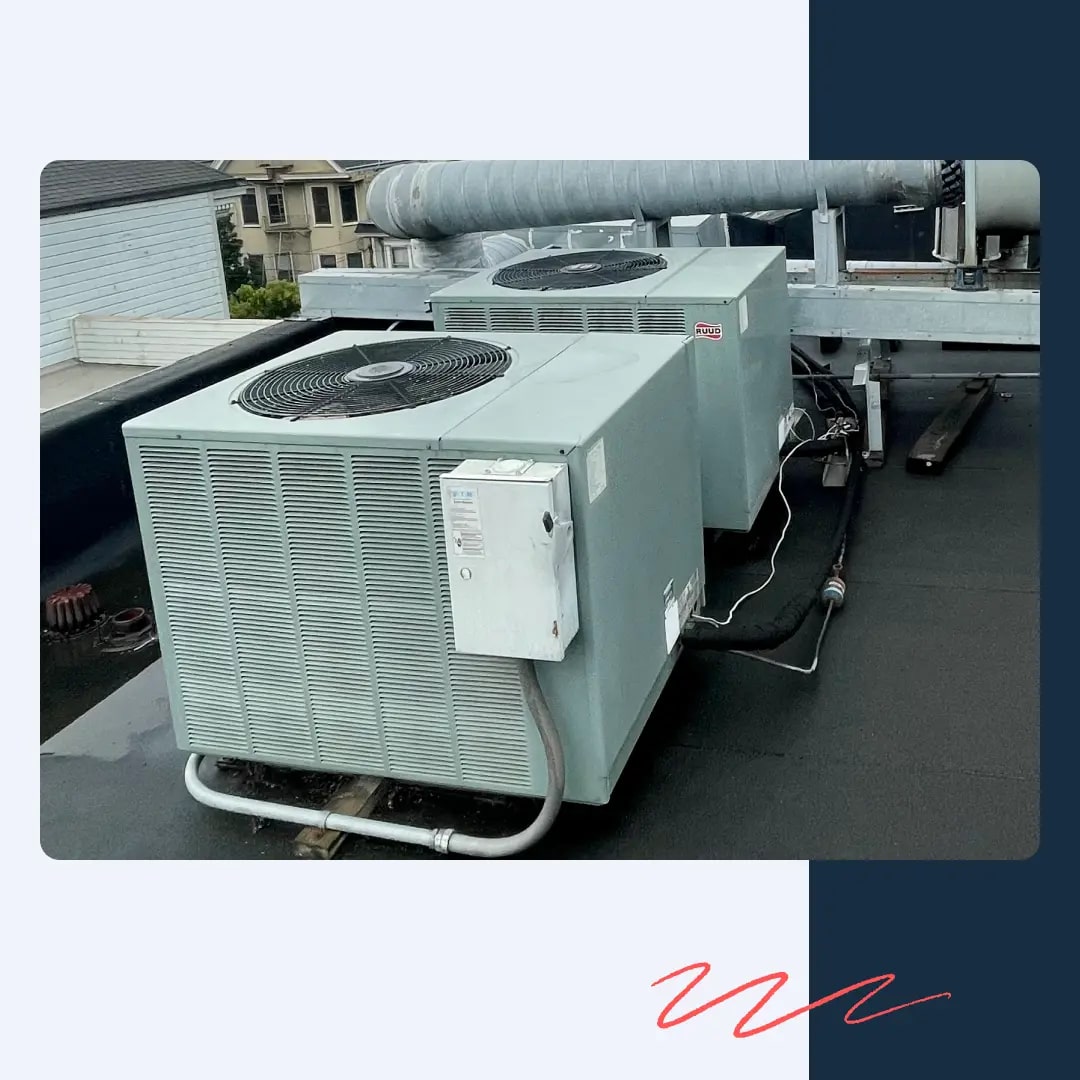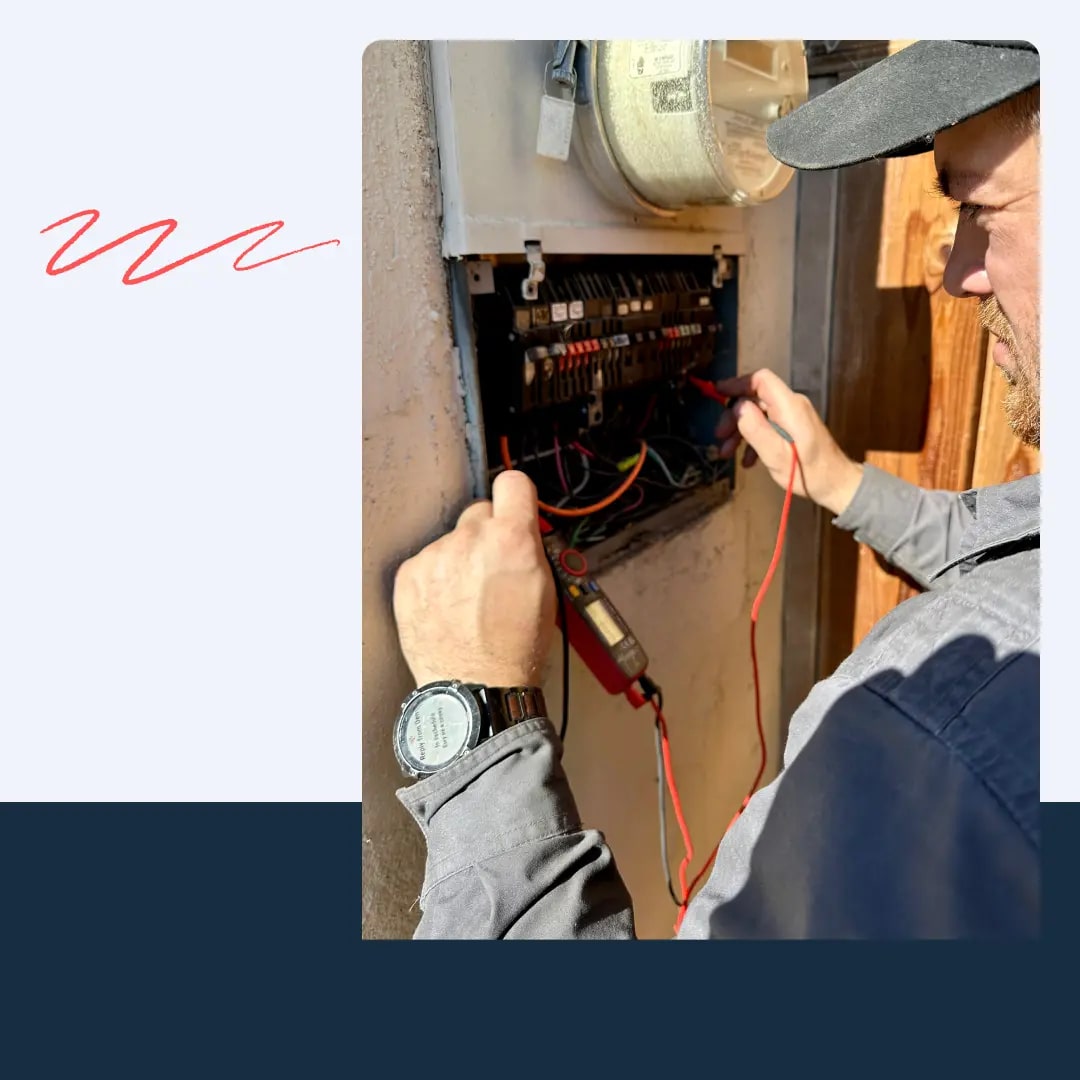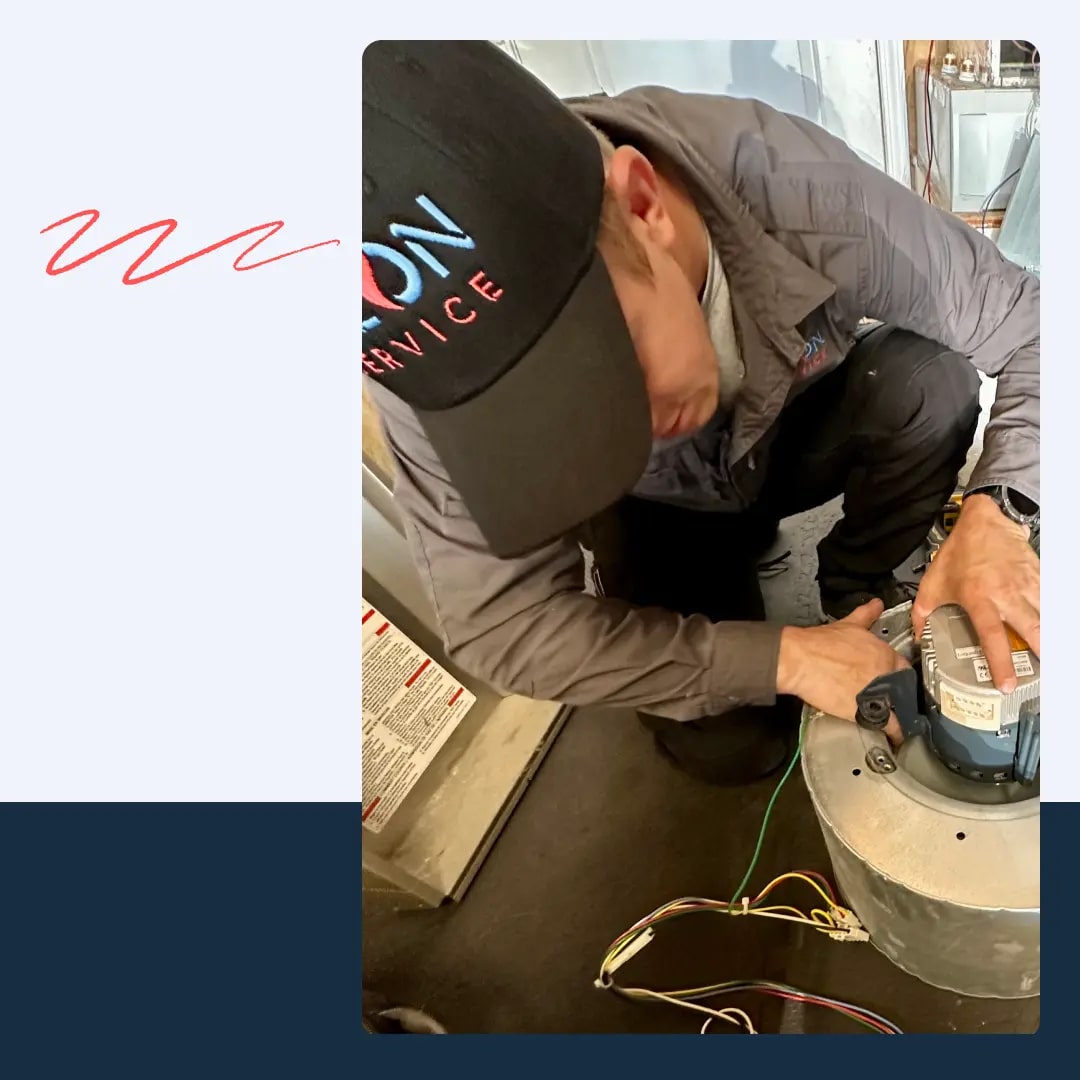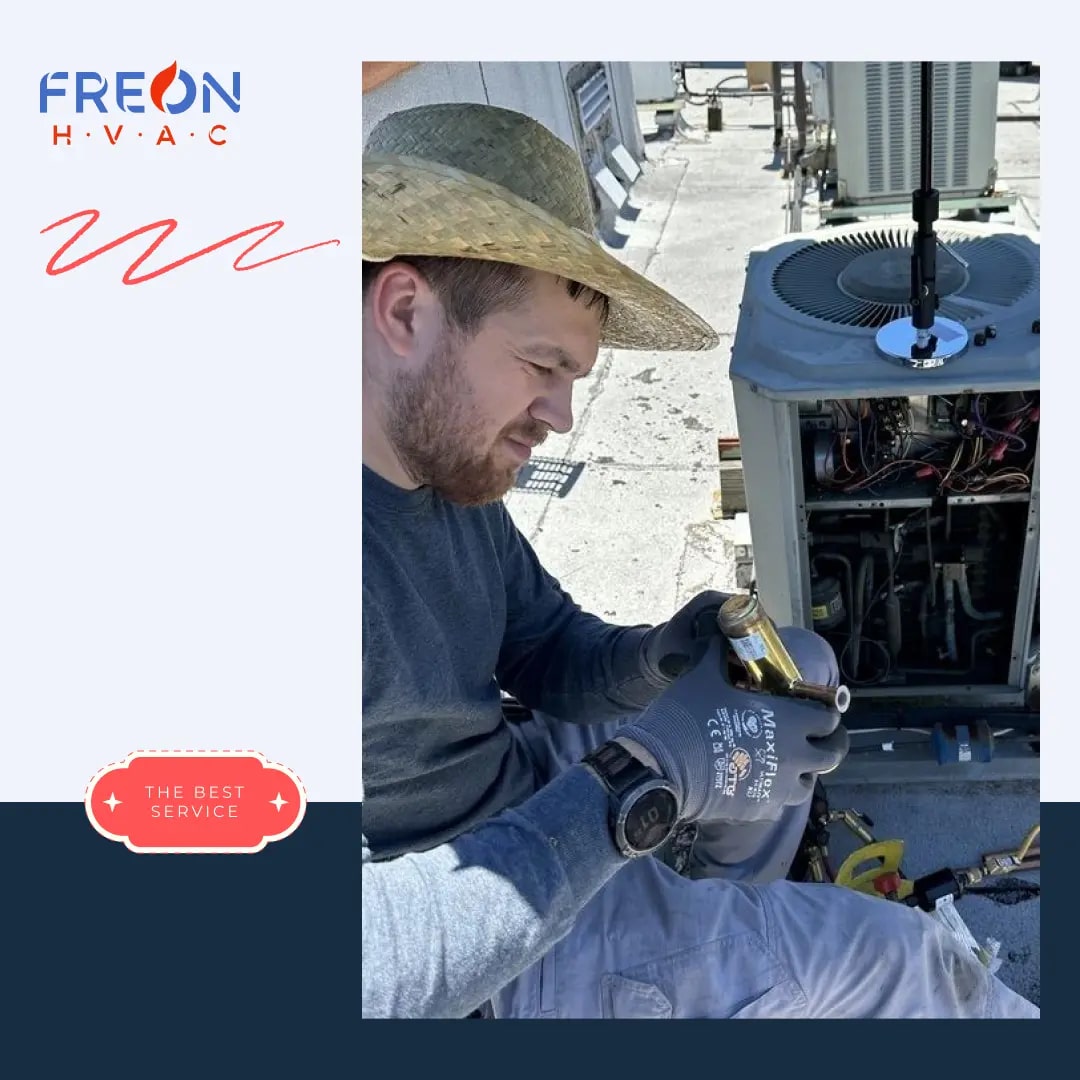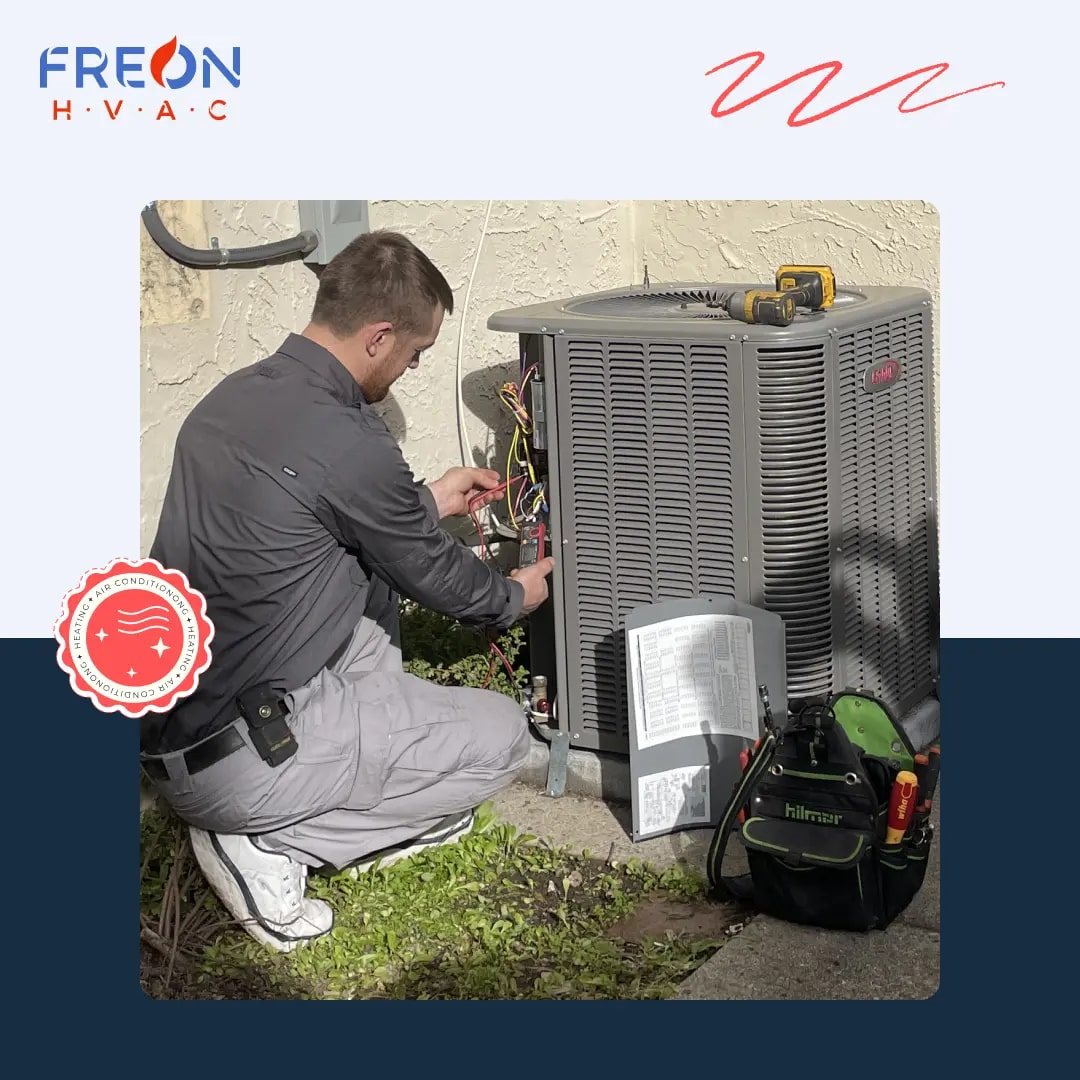Actually, our clients have quite a few questions on this topic:
- Is there a best time of year for this?
- Morning or evening? Does it even matter?
- And overall, how often to replace HVAC filter?
Freon Service will try to clarify all these points. Despite its seemingly “technical” nature, this topic is not just about how one of the devices that serves you, your home, or office works to maintain a desired level of comfort.
It’s a conversation about one of the most valuable things any person can have — health.
How Often Should You Change Your HVAC Filter Under Different Conditions
One of the fundamental factors is the quality of the filtering device. It’s important to understand what exactly the filters in your home are made of. The options can be as follows:
- Fiberglass / Paper
Its most attractive quality is the price. It’s simply very cheap. And it’s easy and simple to install. However, the advantages end there. This type of filter doesn’t last long (its lifespan is measured in days to weeks) and provides protection somewhere between almost none to basic.
- Synthetic
Denser, it captures dander and dust reasonably well for the first 1–2 months, but then performance declines sharply. Price-wise, it’s acceptable.
- High Efficiency Particulate Air (HEPA)
What can be said about this candidate’s capabilities? If there was a World Filter Association, the HEPA filter’s portrait would have stayed on the “best employee of the month” board for years. It captures up to 99.97% of fine particles. It works excellently for those suffering from allergies and asthma. What’s the catch? It knows its worth and doesn’t hesitate to charge for it. Fortunately, for healthy people, it might be overkill, so not everyone needs to chase after this particular filter.
- Metal
It’s good because its dirt can be relatively easily cleaned off with a sponge and soapy water. Hence, long-term savings. However, small allergens don’t consider it authoritative and can slip right under its nose, sneaking into your home and office.
- Carbon
Absorbs chemical pollutants and kitchen odors, ideal for rooms where cats, dogs, parrots, and other pets live. It suffers from overwork and a tendency to burn out quickly. It’s not cheap.
So, how often do air filters need to be replaced based on the above information:
- Every 1–3 months
If it’s a cheap filter, you have pets, allergies, or live in an area with high air pollution.
- Every 5–6 months
This schedule suits users without allergies or pets.
how often AC filter should be changed if it
operates under optimal conditions for people in excellent health? Our answer:
- Once a year
In that time, even the best filter can transform its pristine white outfit into something dark gray, shaggy, and nothing like an item capable of improving anyone’s health.
By the way, speaking of color.
Shades of Gray: How Often to Change AC Filter
Understanding the gradation of gray is directly related to answering the question posed in our blog.
- White
This is the color of a new or almost clean filter. Air passes through freely. Nothing needs to be done—just let it do its job.
- Light Gray
Most likely it has been used for a couple of weeks. A little dust and dander are noticeable on the surface, but this usually does not affect the quality.
- Dark Gray
The filter has probably been in use for 2 or more months. If you see this color, you understand how long do HVAC filters last specifically in your home. The color signals that pollution is starting to accumulate and air flow is reduced. Therefore, an important question: do residents or employees have asthma or respiratory issues? If yes, it is advisable not to delay calling a specialist.
- Black
The filter is overloaded! It’s definitely better not to let it get to this condition. Dust, allergens, pet hair, and other particles not only clog the oxygen flow but can also enter the atmosphere and worsen health, cause allergies, and worsen asthma symptoms. You may feel fatigue, chest tightness, and difficulty breathing. This is a signal for immediate action.
How Often Should I Change My AC Filter if I Have Respiratory Conditions?
People with respiratory diseases are indeed the most sensitive to air quality. At risk are:
- People with allergies (for example, to pet hair, pollen, or dust mites)
- Those with asthma
- Those with chronic respiratory diseases (such as COPD)
Recommendation: Change the filter every 30 days, even if it doesn’t look heavily soiled.
How Often Should I Change My HVAC Filter if I Live with Elderly Parents or Small Children?
This is an excellent question concerning the quality of life for people with weakened immune systems, such as the elderly or infants.
Call a specialist every 1–2 months, especially during seasons of active air circulation (spring and summer). This simple action will help protect your loved ones from excess dust, mold, viruses, and other microparticles that can easily pass through outdated ventilation systems.
Remember that a dirty filter can even worsen health, causing symptoms such as:
- Coughing, sneezing, runny nose
- Wheezing or difficulty breathing
- Asthma exacerbation
- Dry eyes or skin irritation
- Headaches or fatigue
Therefore, take this message very seriously: If there is a musty smell in the house, dust appears quickly, or you’ve started sneezing more often — most likely, you’ve already missed the deadline to call Freon Service.
Let us help you avoid making this mistake again.
How Often Should AC Filters Be Changed or How Not to Miss the Critical Moment
Some HVAC systems have indicators, sensors, or alerts that notify you when the filter is clogged. If this option doesn’t suit you, here is what you need to do to fully protect your home or office from the development or worsening of respiratory diseases:
- Create a clear reminder schedule. How often to change HVAC air filters: every 30, 60, 90, 180, or 365 days, depending on the situation.
- Schedule regular calls to our service based on these periods:
- before spring (preparation for pollen and blooming)
- before hot summer (system works intensively, a clean filter is needed)
- after autumn (clean-up after pollen, leaves, and pollutants season)
- or before winter (start of heating season when windows are closed and maximum clean air is important)
The time of day does not matter. Just choose a time that is convenient for you—morning, evening, or weekends. The main thing is to do it regularly. Because this simple action has a big impact on your health.
Other Articles
-
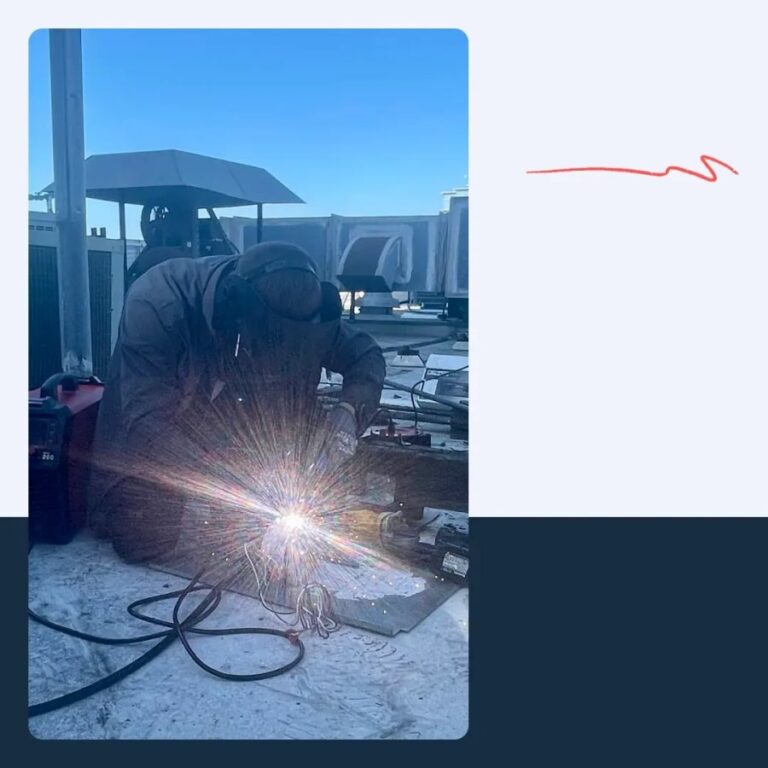 08/23/2024How Much Does it Cost for a Full HVAC Replacement? Read More
08/23/2024How Much Does it Cost for a Full HVAC Replacement? Read More -
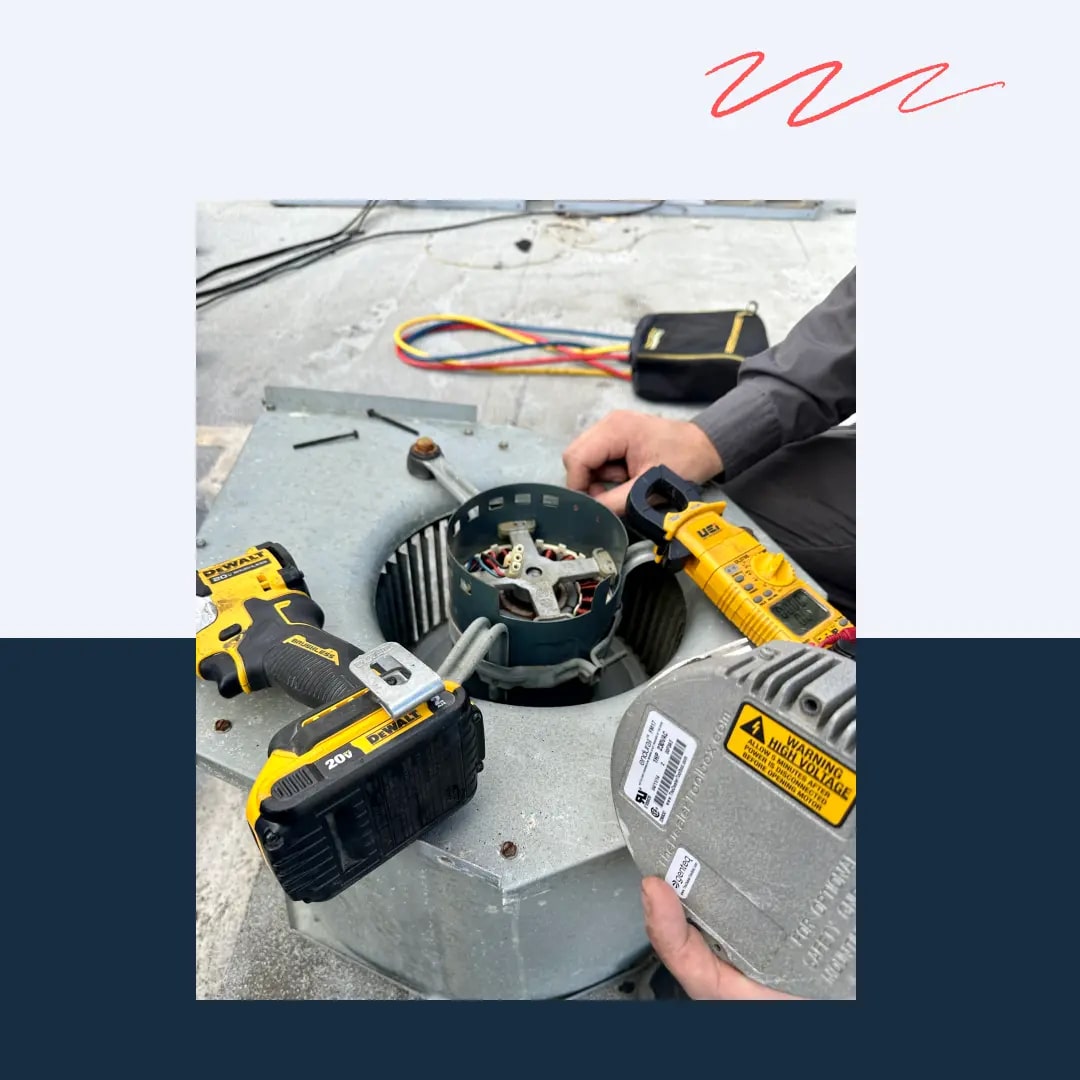 08/19/2024How Much Does it Cost to Repair an HVAC System? Read More
08/19/2024How Much Does it Cost to Repair an HVAC System? Read More -
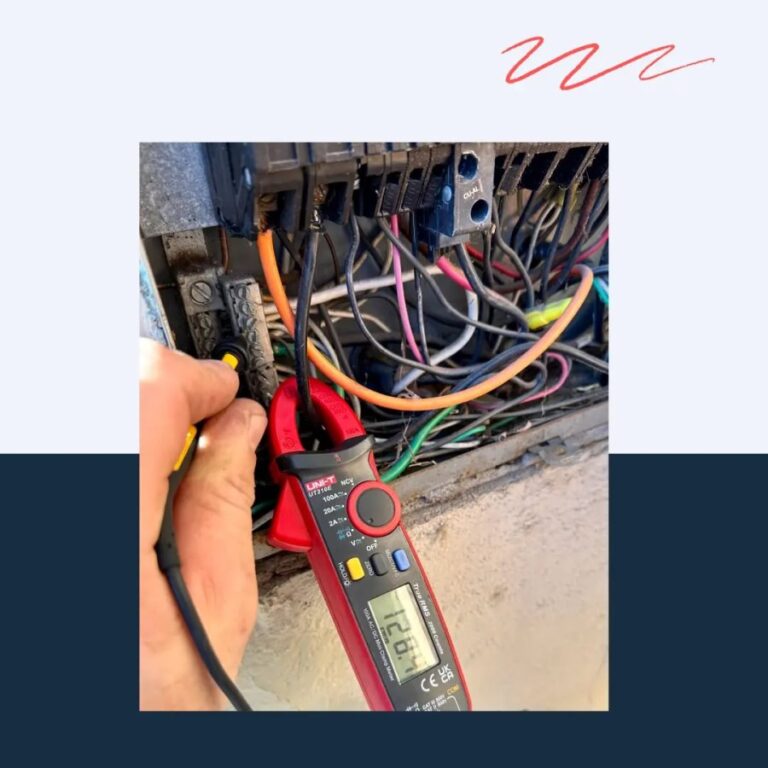 08/19/2024Understanding Electrical Panel Upgrades: A Clear Guide Read More
08/19/2024Understanding Electrical Panel Upgrades: A Clear Guide Read More -
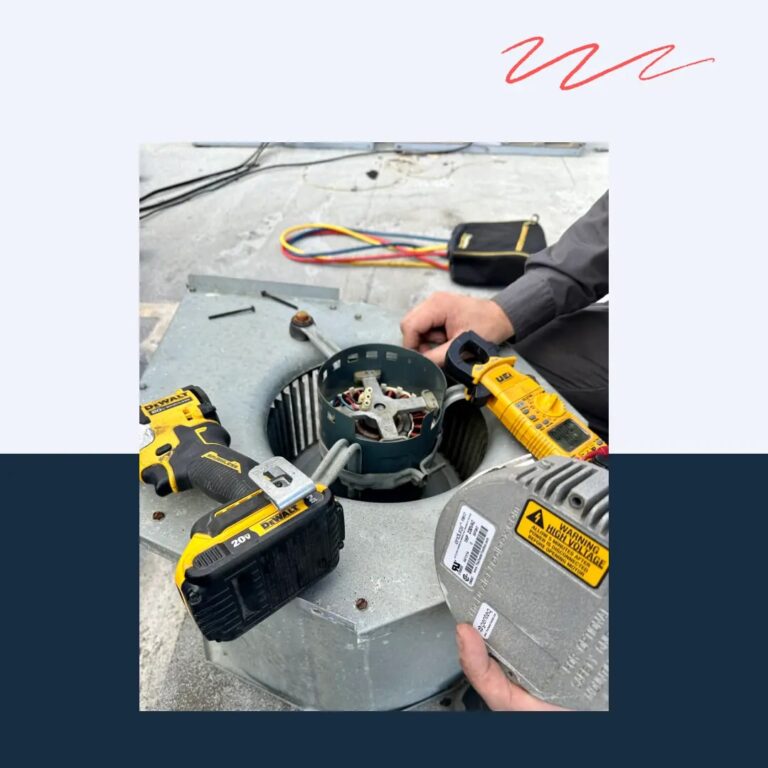 08/02/2024Factors Affecting the Price to Repair HVAC System You Never Considered Read More
08/02/2024Factors Affecting the Price to Repair HVAC System You Never Considered Read More

